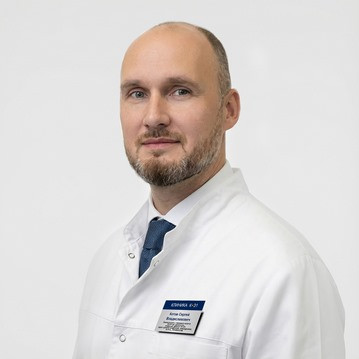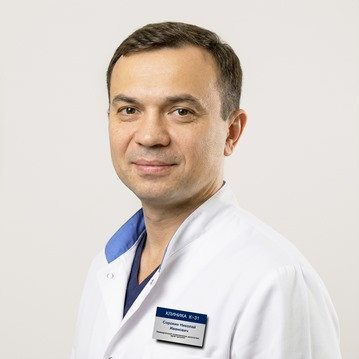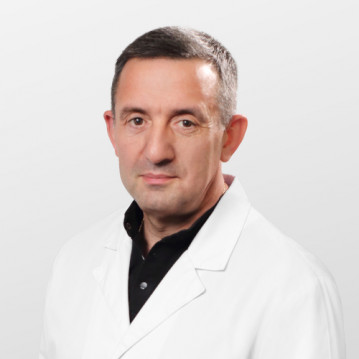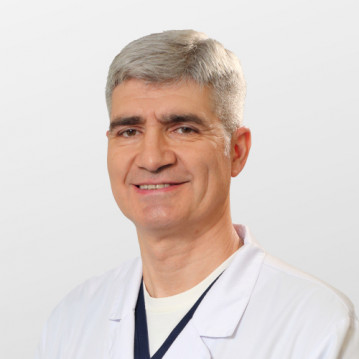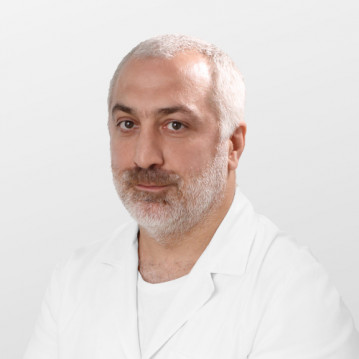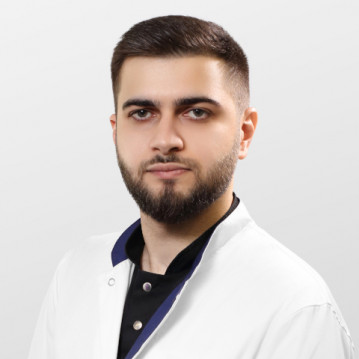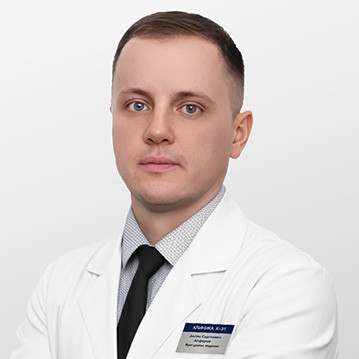Cystitis is an inflammatory process of the bladder that rarely goes unnoticed. The disease occurs in both sexes, but in women it is diagnosed much more often due to the anatomical features of the female body. Negative symptoms complicate the life of a patient who cannot lead a normal life, loses his ability to work and is practically tied to the toilet.
Features, statistics
The bladder has multilayer elastic walls. Urine filtered by the kidneys accumulates in the cavity of the organ for further excretion from the body. The structure of this organ is the same for everyone.
Gender differences relate to the urethra: the female is much shorter than the male, and the mouth is located close to the anus. The slightest hygiene violations lead to harmful microflora entering the urethra, which ascends to the bladder, causing a strong inflammatory reaction.
- The female urethra is 3-5 cm long, which is 5-6 times shorter than the male urethra.
- Every year, doctors in the Russian Federation diagnose more than 30 million cases of acute cystitis.
- Among all uropathology, this disease accounts for 67%.
- Women get sick 6-8 times more often than men.
- 30% of both sexes between the ages of 20 and 40 experience the disease at least once.
- Women often get cystitis between the ages of 20 and 30, after 55.
- In the age groups 55+, the incidence rate is approximately the same among both sexes.
- More than 95% of cases are caused by E. coli.
The disease does not pose a threat to life. However, the symptoms of relapses and the acute form are so debilitating that the disease affects the general well-being, lifestyle, and limits many possibilities.
Types, stages of pathology
Often, cystitis in women and men is included in the general pathological process, covering all organs of the urinary system. In this case, pathology is the first clinical symptom that signals a violation.
Doctors distinguish between types of pathology for reasons:
- Primary, arising as an independent disease.
- Secondary, as a symptom of other disorders.
The current happens:
- Sharp.
- Chronic.
According to the involvement of the body in the process, there are:
- Common, with damage to all the walls of the organ.
- Focal, with inflammation of one or more areas.
- Trigonite affecting the triangular region of Lieto.
According to manifestations, they distinguish:
- Catarrhal process. Affects only the mucous membrane. Manifested by serous discharge, pus.
- Granulomatous. A granular rash forms on the mucosa.
- Phlegmonous. The submucosa is involved in the process. Purulent lesion of the walls is expressed.
- Hemorrhagic. It is characterized by the presence of blood in the urine.
- Interstitial. Inflammation affects the deep muscle layers of the walls.
- Ulcerative. Ulcers and erosions form on the mucosa.
- Inlaid. Near-wall deposition of salt crystals is observed.
- Cystic. Small multiple cysts form on the walls.
- Gangrenous. Complication - tissue necrosis.
According to the harmful agent, the following are distinguished:
- Non-infectious.
- Infectious.
Infectious agents are divided by type of agents:
- Specific, caused by pathogenic microflora: chlamydia, gonococci, etc.
- Nonspecific, caused by conditionally pathogenic flora: staphylococcus aureus, Escherichia coli.
Infectious - according to the routes of infection:
- Straight. Infection occurs due to a violation of the sterility of instruments during instrumental examination, surgery, pus from a nearby abscess.
- Ascending. The most common way when harmful agents enter the urinary tract from the perineum, from the anus, poor-quality water for hygiene, etc.
- Descending as a complication of kidney infections.
- Through the lymphatic system. For example, with bacterial inflammation of the female appendages.
Non-infectious differ in pathogenic factor:
- Beam, as a consequence of harmful radio emission.
- Traumatic, postoperative.
- Autoimmune.
- Allergic.
- Burns when the cavity is flushed with hot liquids.
- Parasitic.
- Toxic, as a result of exposure to drugs, general intoxication, poisons from harmful addictions, poisoning.
Differentiation of the type of disease is very important, as it helps the doctor to assess all the risks, to choose the treatment tactics that are most effective in this clinical case.
Causes, provoking factors
The causes of cystitis in the vast majority of cases are the penetration of a bacterial infection into the bladder cavity. Infectious agents in this case are pathogenic and conditionally pathogenic flora.
However, not always harmful agents can cause inflammation. For the development of the pathological process, there are certain circumstances that make the membranes of the bladder susceptible.
General risk factors:
- Infection of other organs, which causes cystitis. For example, caries, gastrointestinal infections, SARS can affect.
- Lack of nutrition, deficiency of vitamins, trace elements in food.
- Stress, psycho-emotional instability.
- Fatigue, sleep disturbances.
- Low immunity; taking drugs that depress the immune system.
- Hypothermia, sitting on cold surfaces.
- Rough intimacy, poor intercourse hygiene, non-traditional practices.
- Inactivity, stagnation in the pelvis.
- Violation of hygienic care for the perineal area.
- Common situations of patience for going to the toilet.
- Frequent constipation or diarrhea.
- Anatomical defects.
- Injury, operations, instrumental studies.
- Love for fatty, spicy, salty, smoked foods.
- Hormonal disorders.
- Diabetes mellitus.
Menstruation, the period of bearing a baby are also risk factors for women. During these periods, compliance with strict hygiene rules is especially important.
Harmful female factors:
- Rubber tight underwear. For example, women's thong panties.
- Poor-quality feminine hygiene products, violation of the rules of use.
- Postcoital irritation leading to illness.
For men, situations that lead to illness are:
- Prostatitis
- Inflammation of the urethra, glans penis.
- Orchitis
- Inflammation of the epididymis.
- Inflammatory-infectious process in the seminal vesicles.
Knowing what causes cystitis, you can prevent this disease by carrying out prevention. However, when negative symptoms appear, self-medication is unacceptable. Timely access to a doctor will help prevent health complications.
